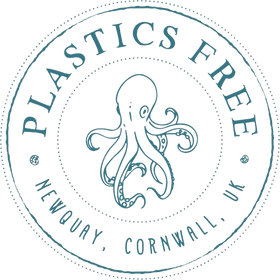Just as we’re all unique, so are our periods! Our organic applicator tampons are available in Regular and Super absorbencies, ensuring you have the correct product for your level of flow.
Tampons are a great product to choose if you would still like to exercise or go swimming during your period. Applicator tampons are just like ordinary tampons but with the added benefit of a cardboard applicator; this helps to ensure your tampon is inserted properly and securely. An applicator can also be useful if it’s your first time using tampons.
However, applicator tampons can sometimes be uncomfortable for people with a uterus that tilts backwards – if this is the case for you, check out our non-applicator tampons, period cups or pads.





